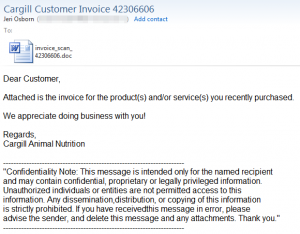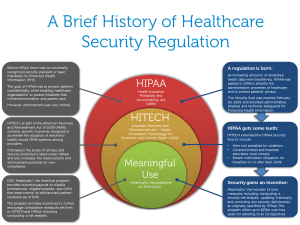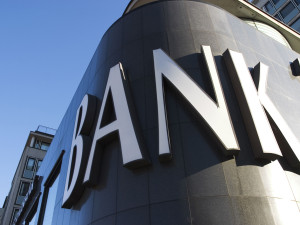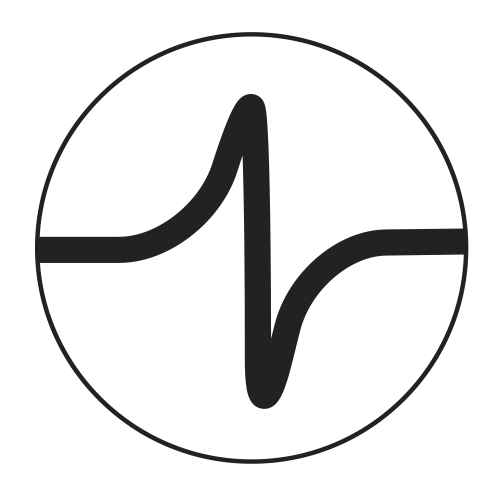
Ransomware: Why healthcare is an easy target
You’ve probably seen it on the news, but aren’t exactly sure what it is. Cryptolocker is a relatively old virus form which, due to the media, is increasing in popularity and prevalence. To better understand how it works, let’s take a step backwards. Cryptolocker uses a one-way encryption method that simply makes all of your files unusable until you pay the hackers money to unlock it (that’s saying IF they unlock it). This includes your share drives, any applications paths, and everything that the infected computer can see on the network.
Some say that Cryptolocker, one of the most popular names in the virus family, has made the hackers nearly 2.3 million dollars. While this has definitely grown from the estimated 1 million in December 2013, experts say this virus is morphing; therefore, becoming increasingly difficult to detect by antivirus programs.
Let’s take a look at one of the most popular forms of the virus below.
“Nurses can detect a human virus, but a computer one may be more difficult.”
Anyone can get this type of email. To the layperson, it looks legitimate – right? It has a Microsoft Word document attached to an email. Imagine the doctors, nurses, directors, and other staff members, quickly sifting through their emails and opening one, unknowingly. If that happens, you must have a solid email protection system and a strong backup software, or even a managed backup service.
Once the Microsoft Word document is opened, most likely, you are infected. The worst part is that the virus may not immediately infect your machine. Experts say, “Ransomware families can lay dormant on a host machine for up to three months, making it very difficult to detect even by the best antivirus solutions.”
Ransomware, in particular, is attacking healthcare organizations, such as Hollywood Hosital, MedStar Health, and many others you may have seen on the news. Ransomware works by locking up files, making healthcare Electronic Medical Records (EMR) the most vulnerable, especially if you have on-premise systems. If the medical facility is not equipped with strong backup software and a comprehensive backup restoration plan, the facility can suffer immensely, or pay a fortune.
While some say that the loss is not due to IT staff, we believe it is almost all due to IT support. With a comprehensive plan in place, during a system outage or infection, bringing systems back online can be swift.

 GreySignal’s data protection service, GreyVault, has now saved just a handful of hospitals varying in sizes from 100 to 600 beds. GreyVault’s already legendary name in the industry is just the start. The experts at GreySignal ensure that GreyVault is configured for a set trio the company finds success with. GreyVault backs up data in a long-storage mode, short-storage mode, and also creates many copies of emergency restoration backup sets that ensure the organization maximum uptime, even in these large scale crises events. GreyVault can protect data by both uploading to our cloud and to GreyVault Box, a local storage device provided by GreySignal.
GreySignal’s data protection service, GreyVault, has now saved just a handful of hospitals varying in sizes from 100 to 600 beds. GreyVault’s already legendary name in the industry is just the start. The experts at GreySignal ensure that GreyVault is configured for a set trio the company finds success with. GreyVault backs up data in a long-storage mode, short-storage mode, and also creates many copies of emergency restoration backup sets that ensure the organization maximum uptime, even in these large scale crises events. GreyVault can protect data by both uploading to our cloud and to GreyVault Box, a local storage device provided by GreySignal.









